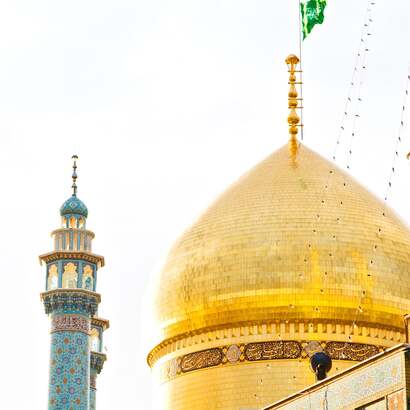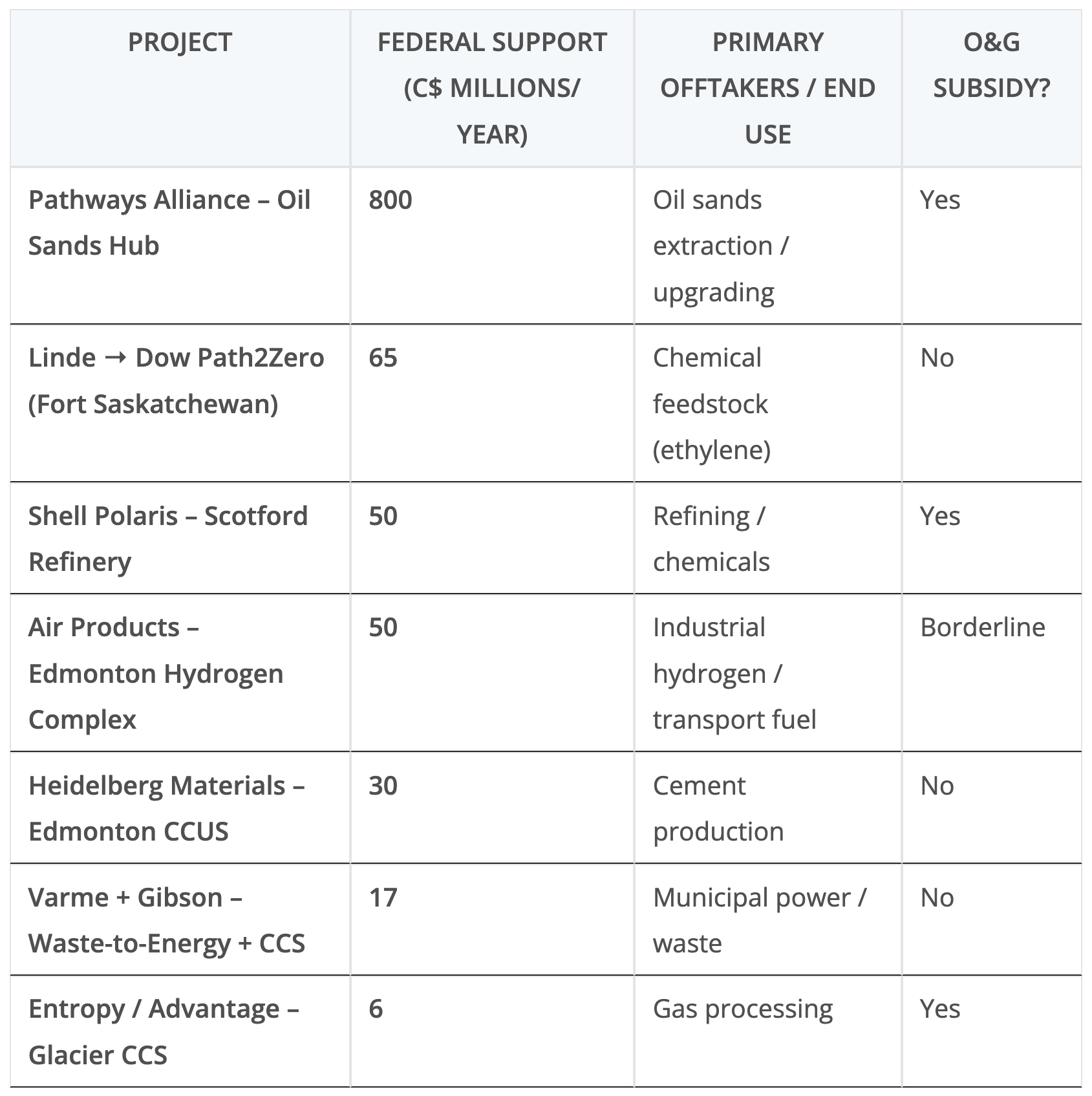In a striking development that has caught the attention of global financial markets, Iran’s gold imports have surged dramatically, increasing sixfold over a six-month period.
This significant uptick in gold acquisition highlights the Islamic Republic’s strategic move to circumvent international sanctions and stabilize its economy amidst ongoing geopolitical tensions.
Iran’s appetite for gold has reached unprecedented levels, with recent data revealing a remarkable increase in imports. Over a five-month period, the country imported more than 30 tons of gold ingots, according to the Islamic Republic of Iran Customs Administration (IRICA).
This substantial influx of precious metal into the Iranian economy represents a clear shift in the nation’s financial strategy.
The surge in gold imports comes against the backdrop of stringent international sanctions imposed on Iran, primarily due to concerns over its nuclear program and regional activities.
These sanctions have severely limited Iran’s ability to engage in international trade and access global financial systems, pushing the country to seek alternative means of preserving wealth and conducting transactions.
Gold as a Sanctions Buster
Versatility of Gold
Gold’s universal value and relative ease of transportation make it an ideal asset for countries facing economic restrictions. Unlike electronic transfers or other forms of currency, gold can be moved across borders with relative ease, making it difficult for sanctions to completely isolate a nation’s economy.
Store of Value
In times of economic uncertainty, gold serves as a reliable store of value. For Iran, increasing its gold reserves provides a buffer against currency fluctuations and inflationary pressures that often accompany sanctions.
International Trade Facilitation
Gold can be used to facilitate international trade when traditional banking channels are restricted. It allows Iran to engage in barter-like transactions, exchanging gold for goods and services with willing trade partners.
The Mechanics of Iran’s Gold Strategy

While the specific routes of Iran’s gold imports remain opaque, it’s likely that the country is leveraging relationships with neighboring nations and friendly states to secure its gold supply. The dramatic increase in gold imports suggests that Iran has found effective channels to bring substantial quantities of the monetary metal into the country.
Iran boasts a robust domestic gold market, with a long cultural tradition of gold ownership. The increased imports are likely to bolster this market, providing liquidity and potentially stabilizing local gold prices.
A portion of the imported gold may be destined for the Central Bank of Iran’s reserves, strengthening the country’s financial position and providing backing for its currency.
Global Implications
The significant increase in Iran’s gold imports could have ripple effects on the global gold market, potentially influencing prices and supply dynamics.
Iran’s gold strategy underscores the ongoing cat-and-mouse game between sanctioned nations and the international community. It highlights the challenges in enforcing comprehensive economic isolation in a globalized world.
The international community, particularly countries enforcing sanctions, may seek to tighten regulations around gold trade to close potential loopholes.
The Future of Iran’s Gold Strategy
As Iran continues to navigate the complex landscape of international sanctions, its reliance on gold as a financial tool is likely to persist. The country’s ability to maintain and potentially increase its gold imports will depend on several factors:
- The evolving nature of international sanctions
- Global gold supply and demand dynamics
- Iran’s diplomatic relations with potential gold-supplying nations
- The effectiveness of international efforts to monitor and control gold flows
Iran’s dramatic increase in gold imports represents a sophisticated approach to economic survival under sanctions. By leveraging the unique properties of gold—its value density, portability, and universal acceptance—Iran has found a way to partially insulate its economy from the full impact of international restrictions.
As this situation unfolds, it will be crucial to monitor how other nations and international bodies respond to Iran’s gold strategy. Will it lead to a tightening of gold-related regulations, or will it prompt a reevaluation of the effectiveness of current sanction regimes?
Regardless of the outcome, Iran’s gold imports serve as a potent reminder of the enduring value of precious metals in times of geopolitical uncertainty.
As long as nations face economic isolation, gold will likely continue to shine as a beacon of financial resilience and a tool for navigating the choppy waters of international sanctions.
*********




